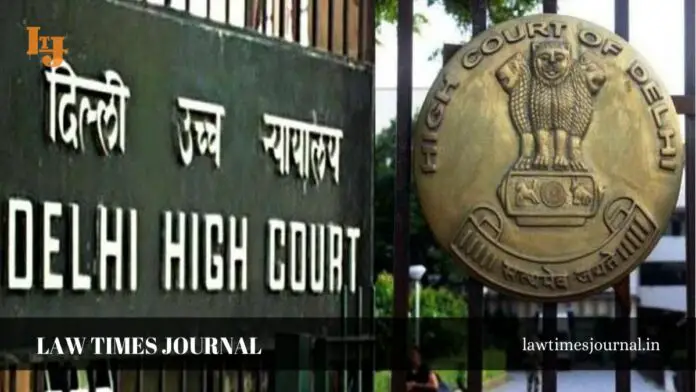
On Monday, the Delhi High Court issued a notice in a petition protesting the Arvind Kejriwal-led Delhi government’s conduct and broadcast of Ganesh Chaturthi and demanding the Aam Aadmi Party’s de-recognition.
Only three respondents have received notice from a bench led by Chief Justice DN Patel and Justice Amit Bansal, namely the Central government, the GNCTD, and the Election Commission of India (ECI), which was the eleventh defendant in the case.
Sharma had previously filed a similar plea a few days before Ganesh Chaturthi. The Court, on the other hand, rejected the petition, stating that it was filed “without completing any study.” Despite this, the court had previously granted Sharma permission to file a new plea with sufficient averments.
Advocate ML Sharma, the petitioner, argues that because India is a secular society, no government may perform religious functions, despite the fact that individuals are free to worship and follow any religion they choose. In this context, the SR Bommai case received a lot of attention.
The Constitution forbids governments from conducting religious activities, according to Sharma. In this sense, he relied on the word “secular” being included in the Constitution’s preamble.
Sharma commented on the Delhi government’s organisation and transmission of Ganesh Puja this year, saying,
“It has nothing to do with public funds. No one is compelled to broadcast anything. There is no subsidy of any type offered to anyone. There is no legal infringement. It is the grave obligation of the State and the Union to defend the public health of individuals of all religions. There is nothing here that is unconstitutional. The SR Bommai case is not applicable in any way. You can’t just choose a phrase out of the blue “In response to Sharma’s points, he proposed.
Mehra further claimed that Sharma’s petition was politically motivated, malicious, and likely to be dismissed with costs.
Advocate Sidhant Kumar, appearing for the ECI, argued that the Commission lacks the authority to de-recognize political parties on the grounds raised by Sharma. He explained that there are only a few reasons for a political party to be de-registered once it has been formed under Section 29 of the Representation of People’s Act, 1951.
While the Court first said that it would not be providing notice and would simply delay the case to allow the respondents to reply to the petition’s claims, it later gave notice to three of the respondents impleaded in the case.
The notice must be returned by November 18th.








